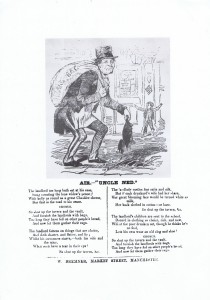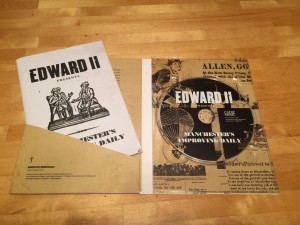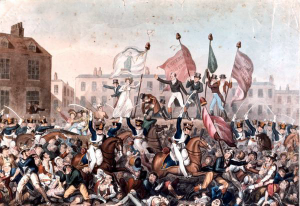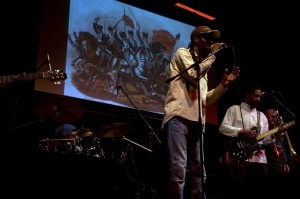Available to Listen or download
To support our live performance on the BBC Radio 2 Folk Awards on 16/10/19, where we opened the show with new single ‘Linstead Market’.
The song is a traditional Jamaican folk song gathered from the collection ‘Jamaican Song and Story’ by Walter Jekyll (1907) This release pre-empts the bands new album release (mid 2020) that presents a collection of Jamaican working songs in new light.
From early deals with Cooking Vinyl, Pure Bliss and Zomba Records the band is known with their extensive touring schedule in the 80’s and 90’s which saw them headline festivals around the world.
Mark Radcliffe hosts the 2019 BBC Radio 2 Folk Awards – the annual ceremony (celebrating its 20th year this year) that celebrates and rewards the very best in folk, roots and acoustic music. The show will be broadcast live on BBC Radio 2.






